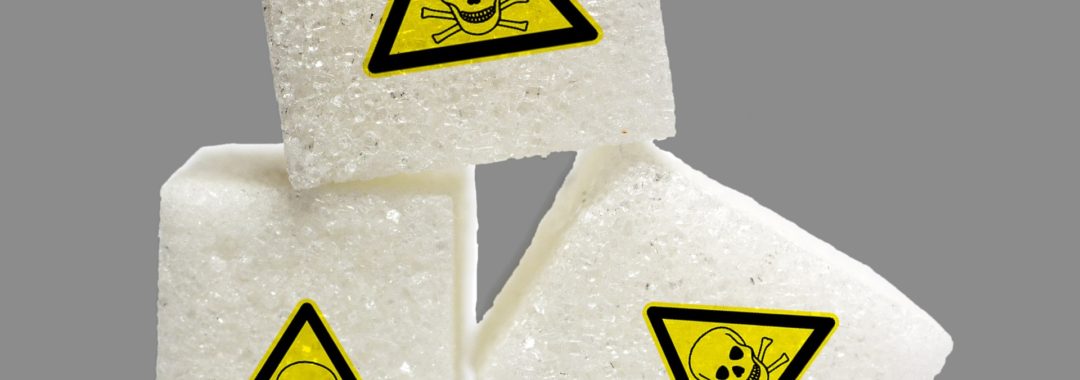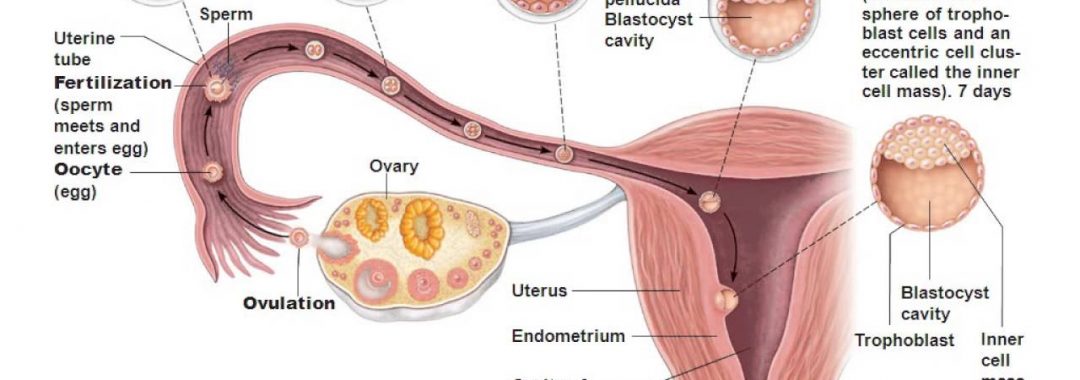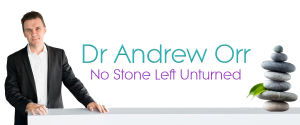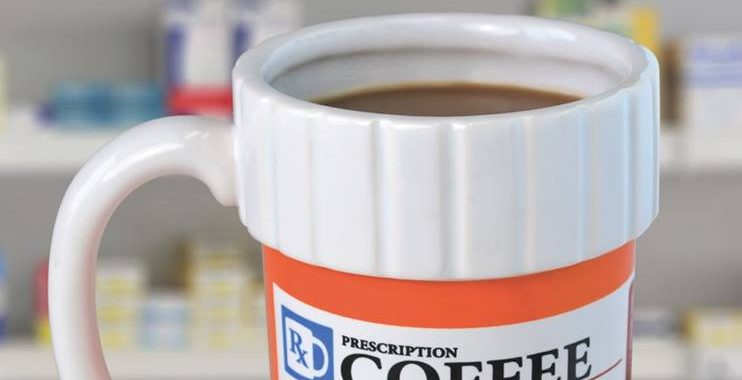When sugar cravings set in, the last thing we might think of is how this may affects our long-term mental health. There is now so much research to suggest that we should be thinking about the toxic consequences of sugar much more.
After a stressful day and when our moods can sometimes be low, it is all to easy to reach for sugary treats. But sugar can also be in the form of savoury things too. We need to remember that savoury things convert to sugar and may have hidden sugars as well. There is so much evidence to show the link between sugar and chromic inflammation and now the evidence around it affecting mental health and mood disorders is increasing.
Previously, I shared some new research in post about the greater risk of depression in men and women who consumed significant amounts of sugar in their diet. A few people commented that feeling depressed may lead to increased sugar consumption, rather than the other way around. However, what was really interesting about this study was that the researchers, from University College London Institute of Epidemiology and Public Health in the United Kingdom, used a mathematical model to exclude exactly that. This is known as reverse causation.
Using data from a large group of civil servants in the U.K. – they showed that sugar consumption came before depression, rather than being a consequence of it.
Diet and mental health are linked
When people ask me for help with mood disorders, I always tell them that a multimodality approach is needed, which encompasses changes to diet and lifestyle. It isn’t just about taking a pill. To be honest, there are no magic pills for mood disorders so people need to stop looking for them. True help come from changes to diet, changes to lifestyle, talk therapy, medicines and treatments that have been shown to help mood disorders.
In 2002, a study from the University of Texas Southwestern Medical Center in Dallas showed that the overall sugar consumption per person in six different countries (Canada, France, Germany, Korea, New Zealand, and the United States) implicated sugar as a factor in higher rates of major depression.
There have been many other research teams that have investigated the effect of diet on mental health. For example, consumption of processed food, take-away foods and fast food – including hamburgers, pizza, and fried foods – was found to be higher in both children, teenagers and adults with increased rates of depression.
A study of Chinese adults, who traditionally drink unsweetened tea , also showed that those who drank soft drinks and other sweetened drinks had higher rates of depression.
The science of sugar
Sugars are simple carbohydrate molecules. While being essential for cell and organ functioning, our bodies have sophisticated machinery to break complex carbohydrate molecules into simple sugars. Sugars therefore do not need to be added to the diet and our bodies do not need added sugar to function properly. Refined carbohydrates (bread, cereals, pastas, sweet drinks etc) all convert to sugar very quickly. This makes the blood sugars spike and causes the body to store fats and also stop the burning of fats. It also causes inflammation in the body, which is the cause of many disease states and health issues that we all face.
What is really important understand is that our bodies do not differentiate between sugars from different sources. Whether it comes from white sugar, honey, molasses, corn syrup, concentrated grape extract, fruit, or milk, our bodies use the sugar in exactly the same way. Sugar is sugar, not matter what sources it comes from. We can try and sugar coat it (pardon the pun) and dress it up to look healthy, but at the end of the day, it is not healthy for us and is causing major issues with our health, both physically and mentally.
The daily recommended intake of sugar is roughly about 6 teaspoons of sugar for women and 9 teaspoons for men. Even that is probably way too much. To put that into context, a can of Coca-Cola contains up to 10 teaspoons of sugar, while a small banana contains about 3 teaspoons. When people add up what they have in a day, they might be very surprised. Add in some bread, some pasta, some dried fruits, some juice, some sugar in your tea and coffee and it all starts to add up exponentially. We really do consume a lot of sugar.
Sugar affects on the nerves and brain
Neurons are very sensitive cells and are not well prepared for sugar level spikes. In fact, individuals with diabetes are at risk of neuron and nerve damage, and scientists now understand how high blood sugar causes this.
Researchers from Huazhong University of Science and Technology in Wuhan, China, performed studies on diabetic rats and showed that high blood glucose led to chronic inflammation and neuronal damage and death in the brain. Importantly, there is a strong link between diabetes and Alzheimer’s disease, further supporting the claim that sugar toxicity has a role in brain health.
How to cut down your sugar intake
Cutting sugar from our diet may be easier said than done and these we are bombarded with advertisements for convenience foods and tasty treats. But even seemingly healthful foods can have high levels of hidden sugars. This is where many people get caught out. Food such as breakfast cereals, sauces (including ketchup and pasta sauce), dried fruits, gluten free products, flavoured milks, wholemeal bread, and many products labelled as low fat, such as fruit yogurts, low fat milk etc.
The other food that often get overlooked are fruit juices and so called healthy smoothies. A study published in the British Medical Journal last year showed that over 40% of the smoothies and fruit juices for children contained at least 19 grams of sugar. That is a lot of sugar for an to ingest, let alone a child. High levels of sugars are also in many toddler and baby foods too.
The best way to keep tabs on sugar consumption is to become familiar with nutritional labels. While some products may claim that they have no added sugars, the nutrition facts panel will show the amount of carbohydrates and sugars in the product. It is really important to read these panels because some of what you are ingesting may shock you. Just beware of clever marketing and advertising.
It is so important that we all start to look at foods and start to choose foods that are low in refined ingredients, such as sugar and other additive, but high in protein, omega-3 fatty acids, vitamins, minerals, amino acids and other nutrients that can relieve the symptoms of depression. Scientists are now seeing that these foods are promoting good brain health, which is great to see.
The next time stress and low mood threatens to spoil your day, remember that good foods can help you and remember where that sugar can actually make your moods worse.
Let’s not forget that trying to withdraw off sugar can be harder than coming off some hard core drugs. Sugar is highly addictive and does have drug like effects on the body. Don’t believe me?
Try it sometime and see how hard it is.
Take care
Regards
Andrew Orr
-Women’s and Men’s Health Advocate
-“No Stone Left Unturned”













